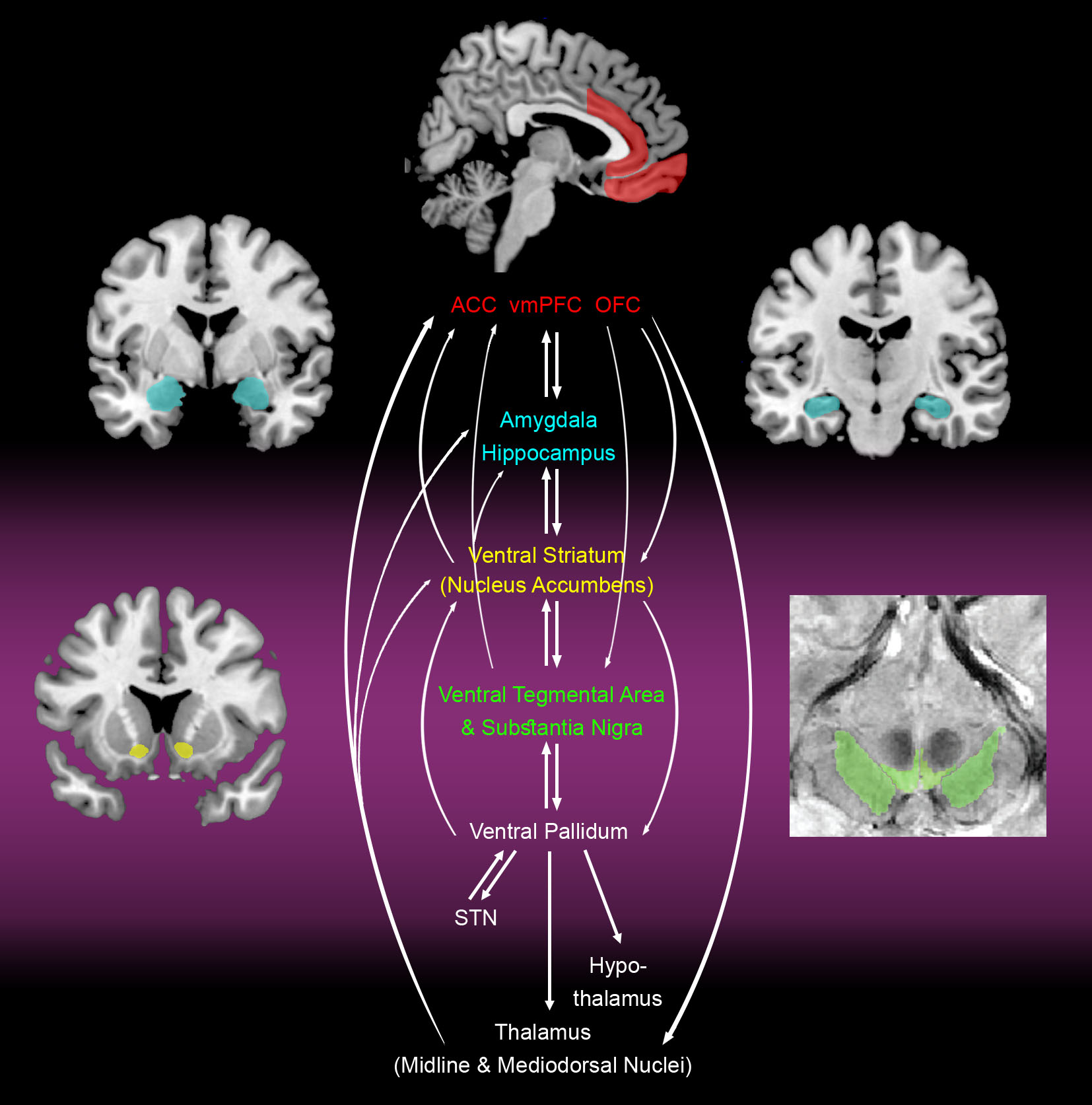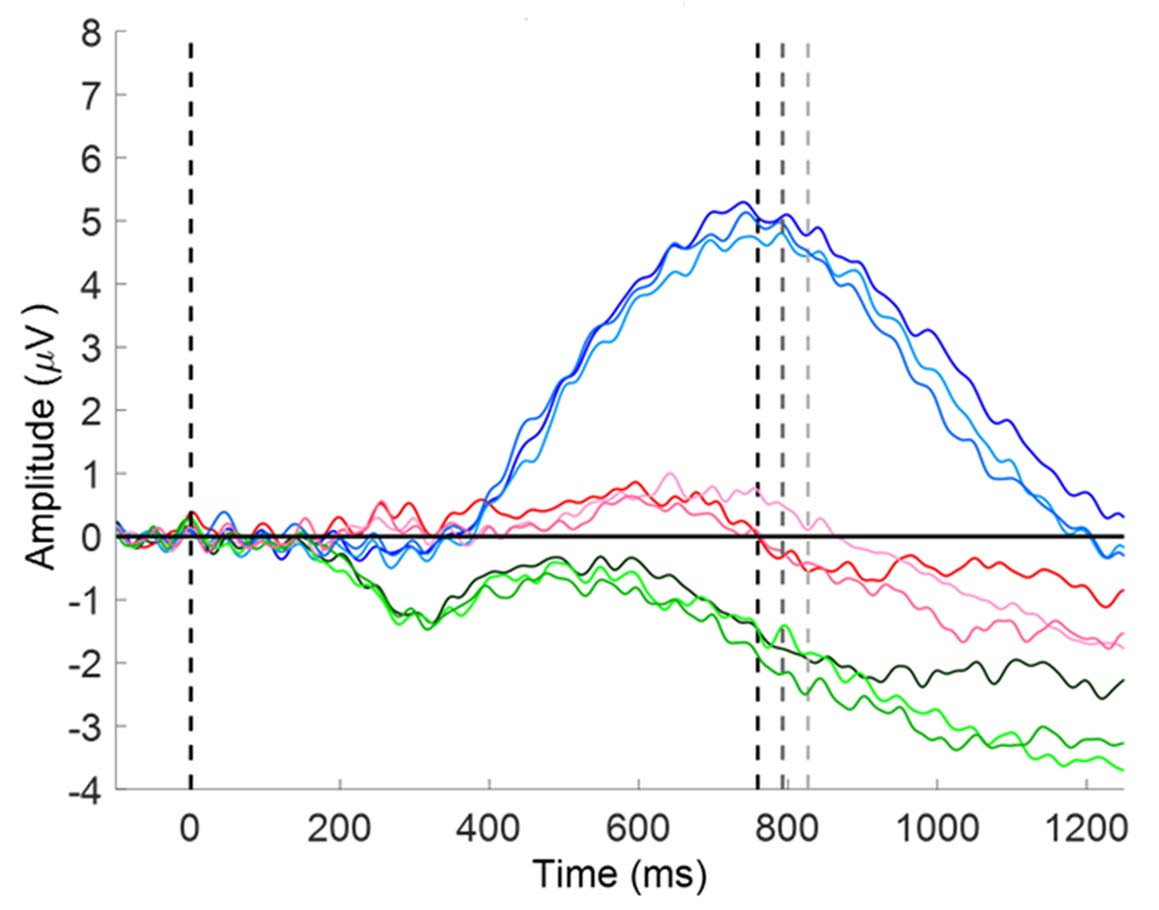Our Research

Cognitive impairments affect individuals across a broad range of neurological disease. The Cognitive Neurology Laboratory at Monash University seeks to understand the neurobiology of learning, memory and decision-making in healthy individuals, and how these processes are impacted by neurological illness.
Our research bridges the domains of basic cognitive neuroscience and clinical cognitive neurology, with the ultimate goal of developing new paradigms that may be translated into the clinical setting to guide the diagnosis and management of cognitive symptoms.
To accomplish this, we combine insights from psychology, economics and neuroscience, and apply cross-disciplinary methodologies including psychophysics, computational modelling, electroencephalography, structural and functional brain imaging, pharmacological intervention, and brain lesion studies.

Reward-based Decision-Making
The importance of motivation to human life is underlined by the impact of clinical disorders such as apathy. Apathy is a disorder of motivation which is commonly experienced in a breadth of neurological and psychiatric disease, such as Parkinson’s disease, Huntington’s disease, dementia, depression and schizophrenia.
Our current focus is to understand the neural mechanisms that drive motivation in healthy individuals, and the pathophysiology underlying disorders of motivation in neurological disease. We are particularly interested in the willingness of individuals to invest different types of effort (cognitive and physical) in return for reward, and the role of dopamine in cost-benefit valuations.

Perceptual Decisions
From moment to moment, and often without our being aware of it, the brain must seamlessly integrate sensory information to provide an accurate representation of the world around us. The computations that allow us to do so must be sufficiently fast and reliable to be implemented even under challenging conditions – for example, when trying to navigate around obstacles while driving in heavy rain. Our research investigates how the brain accumulates information in favour of a sensory representation, especially in the setting of noisy environments.

Learning and Memory
How does one use previous outcomes to guide future behaviour, and how does the brain maintain a representation of past experiences? Learning and memory are fundamental to human cognition, and are catastrophically impacted by neurodegenerative diseases such as dementia. Our research seeks to understand the neural underpinnings of recognition memory processes, and the consequences of hippocampal damage on the integrity of episodic memory.